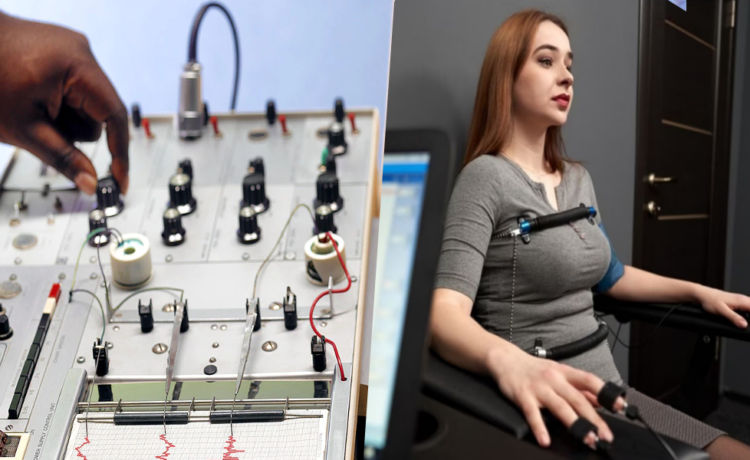Polygraph tests, also known as lie detector tests, have been around for a long time to measure truthfulness from the corresponding physiological response. Licensed polygraph examiner mike rumble has some great advice on how to assess the accuracy of a polygraph. His experience shows how the test works as a science and also as an exercise in human nature.
1. Understanding the Polygraph
The instruments that a polygraph uses to measure these responses are blood pressure, heart rate, respiratory rate and galvanic skin response (GSR). These indicators tend to vary only because of stress, anxiety or deception. Mike Rumble discusses the importance of understanding these physiological markers and how they relate to telling or deception.
2. Calibration and Maintenance Principles
An accurate polygraph that is also well calibrated and in the right order should be a stimulation for some measurements. Frequent calibration checks confirm that the system is functioning as intended and provides accurate data results. Rumble suggests any equipment malfunction or inconsistency should be rectified as soon as possible; otherwise, you may get a false result.
3. Pre-test preparation
If you are going to conduct a polygraph test, then the first thing that is required is not equipment but skills and preparation. According to Rumble, the better you can make your subject feel at home and less anxious, it will prevent their physiological responses from influencing the results.

4. Analysis of Physiologic Data
The physiological data need to be interpreted by someone with knowledge and experience. Rumble recommends looking for trends, not just spikes. Regular fluctuations are less diagnostic than deep deviations from baseline measurements in relevant questions.
5. The Role of the Examiner
Role of the polygraph examiner Rumble emphasizes the value of a good examiner, who can place data in relation to how the subject is behaving and responding. It is important not only to know what the subject said but also how well they understood it and their emotional state.
6. Avoiding Common Pitfalls
There are a few pitfalls that occur commonly, resulting in misinterpretations. However, Rumble cautioned against relying solely on polygraph findings. Whether the subject is unwell, on drugs or judgmental. In this, it is important to pay attention to these parts and also try to verify the polygraphs by different firm evidence.
Examiner mike rumble offers advice on reading polygraph results correctly by emphasizing the importance of understanding the technology, thorough preparation, careful analysis of data, and ongoing personal development. These tips will help increase the accuracy of polygraph results in general and get you better assessments.







